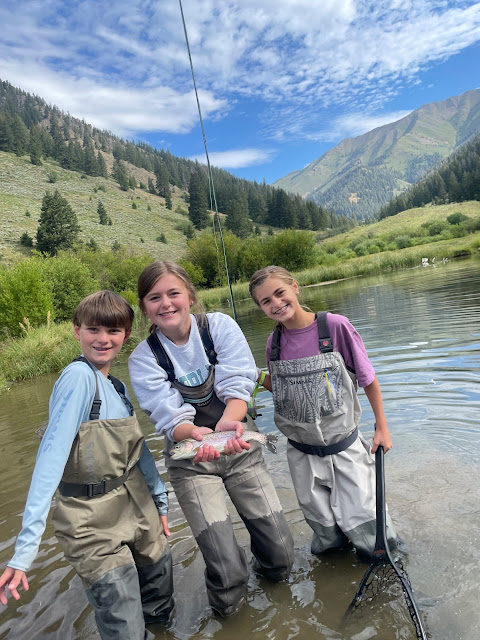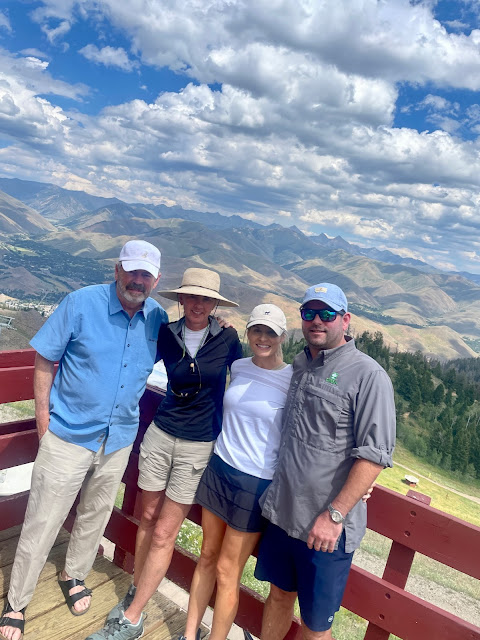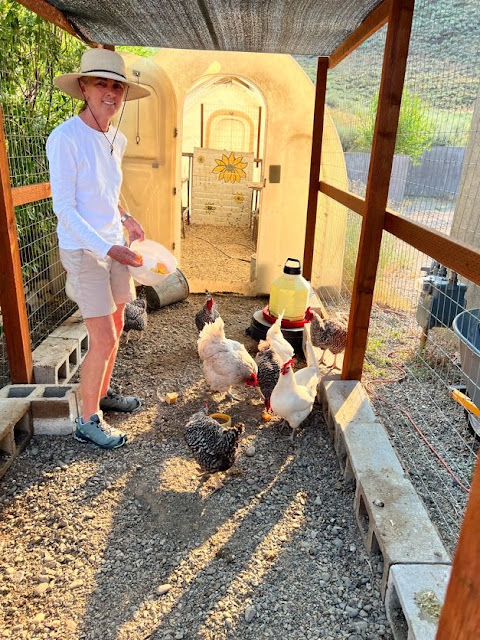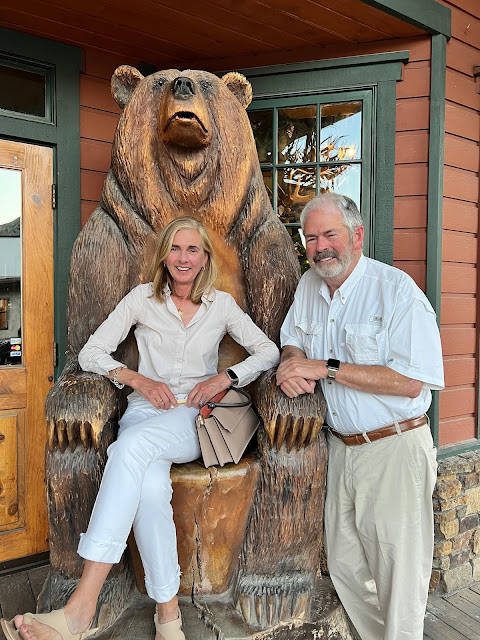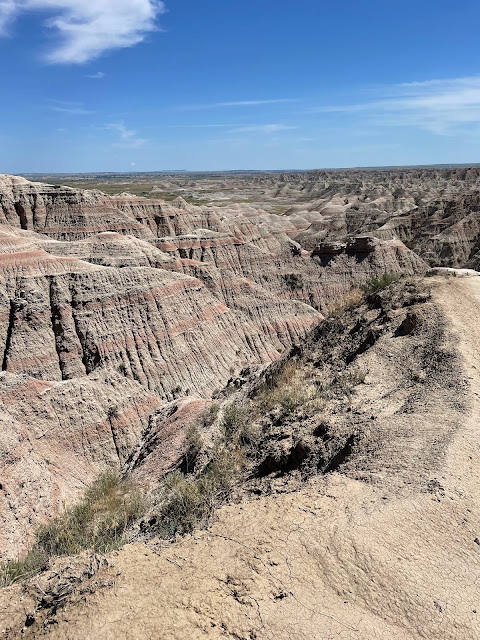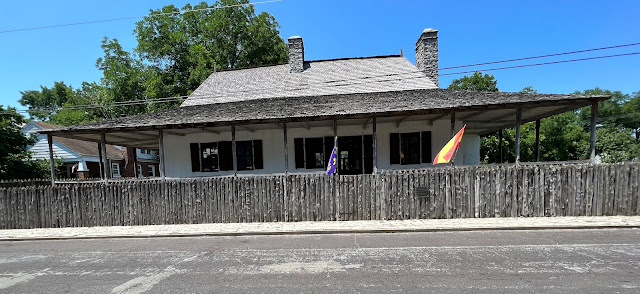In the summer of 1971, I needed to complete an internship at a newspaper as a requirement for my journalism degree at Auburn University. I had no real connections at any newspapers, but I applied to The Atlanta Constitution and somehow got the job. What I had going for me was my election to serve as editor of the Auburn student newspaper for my upcoming senior year. This and some samples of articles I had written got me the job. My salary was $110 per week. I reported to Managing Editor Jim Minter, but pretty much anyone in the newsroom could give me assignments.
On my first day of work I was approached by Duane Riner, a political writer, who asked if I would go on a trip with the governor the next day. It involved riding on the inaugural flight of an Air South commuter flight which would provide twice-daily round-trip flights from Atlanta to Statesboro and Dublin. The airline used Beech 99 aircraft that carry 14 passengers. Governor Jimmy Carter and a few other dignitaries would be taking the first flight.
 |
| Photo courtesy of The Carter Center |
To say I was tongue-tied would be a vast understatement. I knew nothing of the governor or Georgia politics. But he proved to be an engaging conversationalist, and patiently explained the importance of the new service. He also expressed a polite interest in me as a would-be journalist. I had no idea that five years later he would be elected president, but I later learned that he was already thinking about it.
 |
| My first published story in The Atlanta Constitution |
Duane Riner was one of the friendliest people in the newsroom. He always stopped by whichever desk I had borrowed that day to ask me how things were going. The political editor Bill Schipp was on vacation and Duane was a huge producer for the paper. He often submitted five to seven stories a day from the capital. As a result of his workload, he turned over several assignments to me, many of them interesting. At one point we co-wrote an article and shared a byline. And after work one day he introduced me to the bar where all of the reporters gathered for drinks after work, and where I spent many an evening thereafter.
A few weeks after the plane trip, Duane asked me to begin covering a series of meetings in the governor's office. Carter was attempting to reorganize the state government to save money, and was personally meeting with group after group of representatives from various departments to discuss their budgets. These meetings lasted virtually all day several days a week.
Carter had nothing on his desk or credenza except a bowl of peanuts, which he offered to everyone who visited. There was not even a phone on his desk but he actually had two phones in different drawers of the credenza, a red phone and a black one. During the breaks between meetings, he never asked me to leave the office but instead would chat and relax or sometimes open a drawer to take a call until the next group came in. We had several good discussions, mostly about personal matters, and I ate a lot of peanuts. The only political comments I ever heard from him were expressing frustration with Lieutenant Governor Lester Maddox and mentioning that he was exploring pursuing higher office on a national level. I enjoyed Carter's company and I felt like I knew him that summer, but it was fleeting, and the time passed quickly.
Carter was obviously extremely intelligent and inquiring about every technical subject that arose. But his reputation for micro-management was on full display. The meetings were dreadfully boring and sometimes hours would be spent debating something like the elimination of a copy machine as a way to reduce costs. In the course of a full day of meetings it was usually difficult for me to discern anything newsworthy that had been discussed or decided. Can you imagine a headline like "Governor decides to eliminate capital third floor copy machine"?
After the first day spent at these meetings, I went back to the office and told Duane that I had nothing to write about. He nodded, and then I realized why the assignment was given to me. The Constitution political writer did not want the paper to miss any news that might develop, but he was not about to spend his days doing what an intern could do. I attended two or three of these meetings a week for a few weeks. There were only a few news stories, and they weren't terribly important. I did continue to develop a personal relationship with Governor Carter. Eventually I was asked to move on to other matters. Either the governor or the paper got tired of the whole process.
Life went on for me after that summer. Carter completed his term as governor in 1975 and was elected president in 1976. I had no contact with him until around 13 years later. In 1984, Dayle Powell, a friend from law school, contacted me where I was working in Birmingham. She asked if I would consider co-hosting a dinner in Birmingham for business leaders where former President Carter would speak. I was happy to help, both because of our friendship and because I was an admirer and acquaintance of President Carter. It was a fund-raising effort for The Carter Center, but I can't really recall details of the event itself.
President Carter told me that he remembered me well from my summer at The Constitution, but I don't know if he really did. He was likely just being a gentleman.
Whatever can be said about Jimmy Carter, his leadership style, or his tendency to manage things like a field commander rather than a president, he is a good and decent man who has worked hard to make a difference in the world. He is the only president I have ever met personally. I am honored to have known him.












